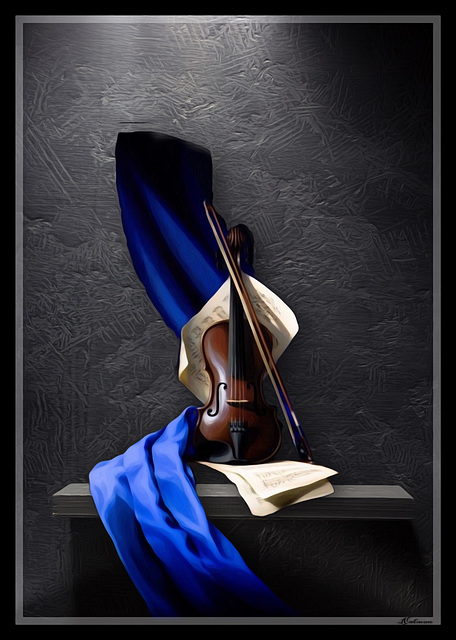Music
Young or Old
Sky
Das Ding an sich / "A priori"
Towards FUTURE
Aubade
A Light House
The Unconscious.....
Buddha
Jack fruit plantling
Multi-coloured lady Beetles / Harmonia axyridis
Sun flowers / ಸೂರ್ಯ ಕಾಂತಿ
Poetry
Gold.....
Seneca
Mess
Meadow
A picture
Window
White skipper
Dragon fly - how do they see the world
Summer morning
A raft
Coffee
Flower of Zucchini
OK / Okay
Only the Wind
Words
Noah Webster
Squanto
Philip Sidney
See also...
Keywords
Authorizations, license
-
Visible by: Everyone -
All rights reserved
-
11 visits
- Keyboard shortcuts:
Jump to top
RSS feed- Latest comments - Subscribe to the comment feeds of this photo
- ipernity © 2007-2024
- Help & Contact
|
Club news
|
About ipernity
|
History |
ipernity Club & Prices |
Guide of good conduct
Donate | Group guidelines | Privacy policy | Terms of use | Statutes | In memoria -
Facebook
Twitter



The main thing in music is not the sound waves. It is that the composer / player converts a number of mental states into a pattern which evokes the same (or different) mental states in the listener. If we want to understand Back or the Beatles, what we need to look at is not so much the information that it conveyed by the notes but the exformation that led to them, and thereby the exformation that notes evoke in the listener.
This line of thought is widespread in the study of the perception of music. David Hargreaves, a psychologist, has developed a theory of musical preference, described in ‘New Scientist’ as follows: “The theory has its base in information theory, but the important insight comes from the distinction between this conception of ‘information’ and its psychological counterpoint. Fundamentally, the coding of physical information contained in a musical composition, as in information theory, predicts very little of interest, but coding the information in ‘subjective’ terms predicts quite a lot. Whether a person likes a particular piece or not depends on the information they are able to take out of it, rather than the information that is already ‘in there’.
When we listen to music, certain states are created in our minds. They may be related to the state of the composer’s mind when he wrote the music, but not necessarily.
Music can provide access to happy states. Not necessarily because “they’re playing our tune,” it may simply be that this kind of music or tune happens to put us in a good mood.
Blood pressure readings and measurements of the electrical conductivity of the skin show that we really are affected by music: Studies undertaken in the wake of Hargreaves’s theory have even demonstrated that the same places in a score affect different people the same way.
Listening to music is not a matter of knowing the name of the bass player or which Italian folk song the composition is a variation of. We do not need to know the score or the name of the vocalist’s lover in order to enjoy the music. In fact, we need no details of knowledge at our fingertips in order to enjoy it. But we have to know ourselves -- and have the courage to stand by what we know.
Music arouses mental states of which we may prefer not to be reminded, either because they are unpleasant or because we get depressed when we think about them. Music can arouse wonderful states. It can inspire energy, calm, eroticism, pensiveness, freedom, rebellion, sorrow, presence the urge to dance, pride, laughter, a feeling of belonging, and irritation.
Music is a method of conveying emotional states from composer/player to audience via sound.
Sign-in to write a comment.